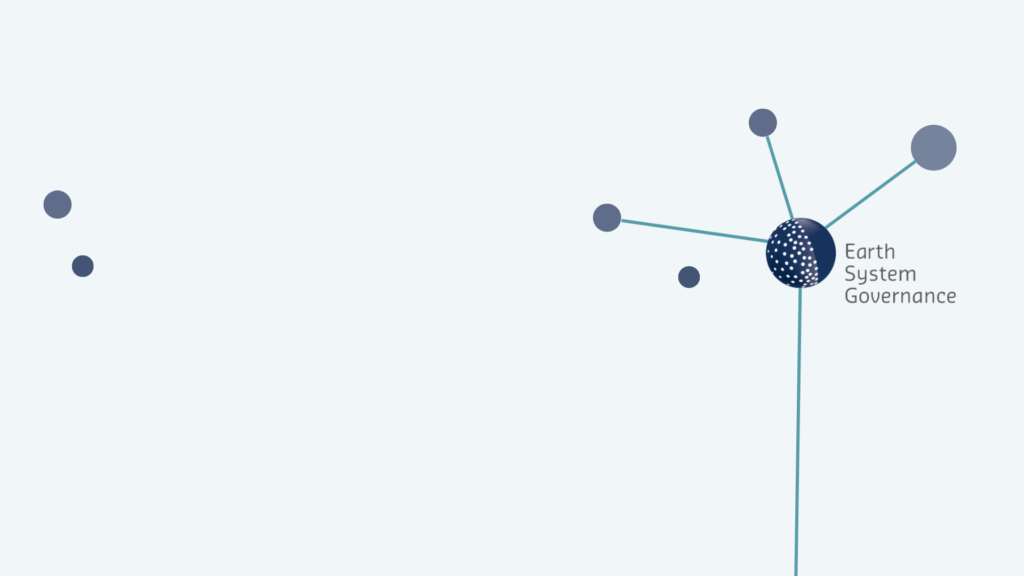Linda Westman, Rachel Macrorie & Marielle Papin write about ‘Compound Urban Crises’ and how interdisciplinary discussion in academia can help us unpack these complex phenomena.
This coming winter, many households across Europe may struggle to pay their energy bills. In the aftermath of the COVID-19 pandemic, many communities have yet to recover their economic stability. Alongside health concerns, restrictions on work, travel, and social interaction caused particularly severe impacts on groups that were already coping with precarious conditions, such as those with low-incomes and unstable jobs. Rising costs of living now place some households in the difficult situation of prioritising between heating their homes and putting food on the table. The latest geopolitical crisis in Ukraine only strengthened these concerns. As Europe seeks to wean itself off natural gas from Russia and the consequences of war ripple through global supply chains, energy prices recently shot to record highs.
This is only one example of a compound crisis: a form of turbulence comprised of interconnected stresses and shocks, with unpredictable outcomes and few apparent solutions.
In a recent publication in Ambio, a team of scholars from the Earth System Governance Urban Working Group argue that we need to recognise this form of turbulence as a pervasive phenomenon that often manifests in cities. This form of upheaval, which can be called ‘compound urban crises’, can only be understood by drawing on different forms of knowledge. In this paper, insights from complex adaptive systems (CAS) theory and critical urban studies (CUS) are uniquely drawn together to reflect on what challenges this presents for urban governance. Three areas of research are identified by the article.
First, to tackle compound urban crises, there is a need for a deeper understanding of the interconnections between global dynamics (e.g. flows of capital, trade, people, knowledge, as well as ecological dynamics) and how decisions are made in cities (urban politics and relations). Today, cities are continuously exposed to ‘shocks’ that originate far beyond their jurisdictional territory. As recognised by scholarship on compound risk and transnational crises, these shocks are often interconnected. However, it is less clear how politics and relations in the city shape vulnerabilities to such network interactions. Do particular ownership structures, material configurations, or patterns of access to infrastructures affect exposure to global disruptions? If so, what can be done to reduce such vulnerabilities?
Second, we need a greater understanding of the impacts of policy strategies designed to tackle compound crises. For example, many governments are now attempting to link pandemic recovery with climate protection through ‘green recovery’ packages. While the social justice implications of such initiatives are not yet known, it is clear that responses to urban disruption can exacerbate inequalities in cities. For example, in Québec City, even micro-level green alley initiatives have been shown to reproduce social exclusion patterns. Citizens with skills and tools are most involved in these projects, whilst minorities remain voiceless. These green interventions reproduce dominant structures and enhance existing inequalities.
Third, the constantly shifting and unpredictable character of compound urban crises suggests that there is no one way to understand these events. This reaffirms our commitment to knowledge pluralism, both in apprehending crises and in designing solutions. In particular, everyday experiences need to be considered. For example, in Port Harcourt, Nigeria, rapid urbanisation has led to the proliferation of informal settlements prone to flooding, especially in the muddy waterfront areas that fringe the city. Here, the Chicoco Collective – a youth-led volunteer platform – supports communities to challenge uneven development and the threat of forced evictions. ‘Encounter and Exchange’ programmes bring together multiple stakeholders with historically antagonistic relationships to discuss household surveying and profiling data, collected by the community mapping teams. This allows communities to construct their own narrative of what constitutes a crisis and identify which problems require most urgent intervention.
In an increasingly polarised world, the need to build bridges across academic communities is more important than ever before. This recently published paper represents a bridging effort, which draws together CAS and CUS scholarship as an entry point for interdisciplinary discussion. As compound urban crises becomes an everyday reality for a growing number of urban residents across the world, we recognise the importance of continuing such interdisciplinary dialogue.
Further reading:



